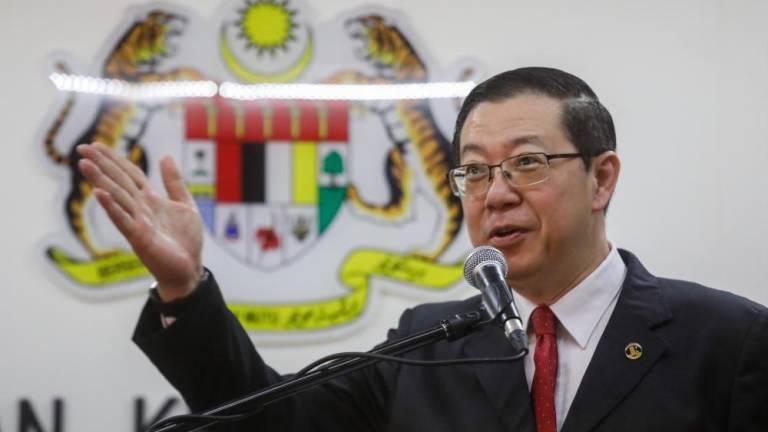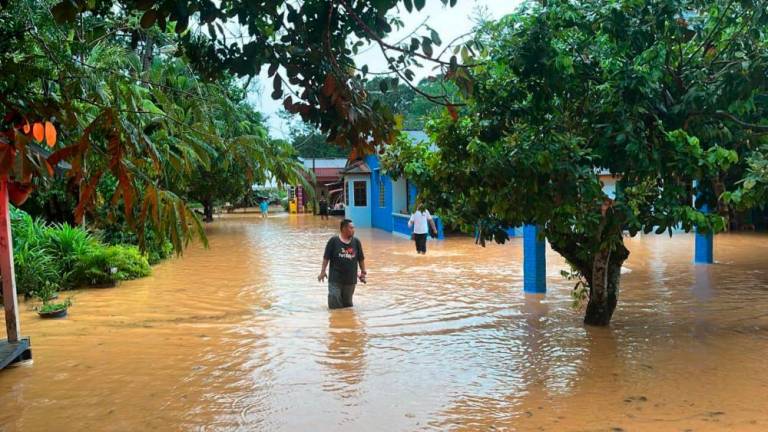PUTRAJAYA: The continued industrial production expansion in May as well as solid expansion in exports and domestic demand point towards sustained GDP growth in the second quarter (Q2) of 2019, according to the Finance Ministry.
Finance Minister Lim Guan Eng (pix) said the May 2019 Industrial Production Index, which grew 4.0% year-on-year (y-o-y), marked the third consecutive month that Malaysia’s industrial production had beaten the market consensus as compiled by Bloomberg.
From January to May 2019, the IPI grew 3.2% compared to the corresponding period last year, he said in a statement today.
In contrast, he noted, industrial production in other Asean economies experienced a contraction in May. Factory output in the Philippines, Singapore and Thailand fell 2.1%, 2.4% and 4.0%, respectively.
Lim said Singapore’s Q2 2019 GDP grew just 0.1% y-o-y and shrank 3.4% quarter-on-quarter.
It was reported that HSBC economist Joseph Incalcaterra called the island republic’s latest quarterly figure a “harbinger of further growth deterioration across the region” amid external challenges.
Lim pointed to the World Bank’s forecast of a 4.6% GDP growth for Malaysia in 2019.
He also noted that on July 3, S&P Global Ratings’ (Standard and Poor’s) affirmed Malaysia’s issuer credit rating at A- with a stable outlook.
He said in May, the country recorded an export growth of 2.5% y-o-y that was due to increased global demand for Malaysian electrical and electronics, and chemical products.
“The expansion of both exports and industrial production signal that the Malaysian economy is resilient in the overcoming external disruption, while benefiting from the ongoing trade war through business relocation, as well as trade and investment diversions,” Lim added.
On preparations for 2020, he said the government is now preparing its 2020 Budget, which will take the relevant risk scenarios caused by the continuing US-China trade war into account.
He noted that Malaysia is a small, open economy that is deeply imbedded in the global supply chain, and the government recognises the downside risk that exist from a slower global growth, especially when the country’s top trade partners are experiencing an economic slowdown.
“In the meantime, the government is taking a business-friendly approach to take advantage of the permanent reorientation in the global supply chain leading to investment or trade diversions to Malaysia, while pressing on with its institutional reforms,” he added. - Bernama













